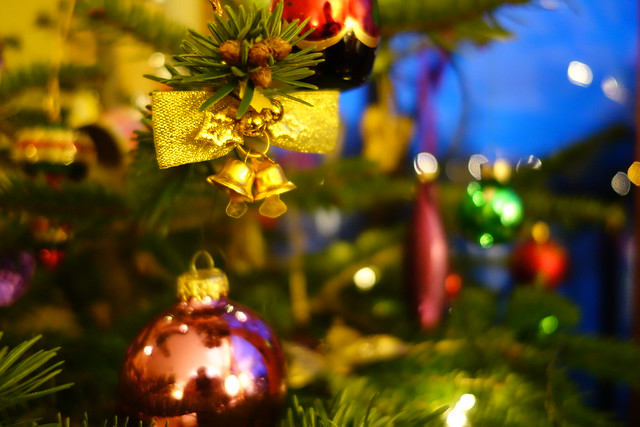The 14th February is a special day for some – Valentine’s Day, or in Scottish Gaelic Là nam Pòg (“Kissing Day”), which I think is a fun name for the day. Do any other languages have interesting names for Valentine’s Day?
Apparently the practise of sending loved ones cards on Valentine’s Day became popular in the late 18th / early 19th century, in the UK at least, and really took off after 1840, when postage stamps were invented. In 1868 the chocolate company Cadbury started making heart-shaped boxes of chocolates for Valentine’s Day, and the giving of chocolates quickly became popular on this day [source].
By the way, a nice term of affection I learnt recently in Scots is ma wee scone (my little scone). Have you ever heard or used this or something similar? Have you compared your loved ones to other types of food?
Other Scottish Gaelic terms I’ve learnt recently for special days include Là na Gogaireachd (April Fools’ Day – 1st April) and Oidhche na Taigeise (Burns Night – 25th January), or literally “Night of the Haggis”.
The word gogaireachd means a fool’s errand or the act of making a fool of someone. Là na Gogaireachd is also translated as All Fools ‘Day, Gowk’s Day or Hunt-the-Gowk Day. A gowk is a cuckoo or fool in Scots and northern dialects of English. It also means to make foolish or stupefy, and comes from the Old Norse gaukr (cuckoo), from the Proto-Germanic *gaukaz (cuckoo), from the Proto-Indo-European *gʰegʰuǵʰ- (cuckoo) [source]. April Fools’ Day is also Là nan Amadan (Idiots’ Day) in Scottish Gaelic.
The word taigeis (haggis) was borrowed from the English haggis, which comes from the Late Middle English hagis (haggis), from hag(gen) (to chop, cut, hack), from the Old Norse hǫggva (to hew), or from hakken (to chop, hack dice, mince), from the Old English hēawan (to chop, hew; to dice, mince), both ultimately come from the Proto-Indo-European *kewh₂- (to hew; to beat, strike; to forge) [source].










